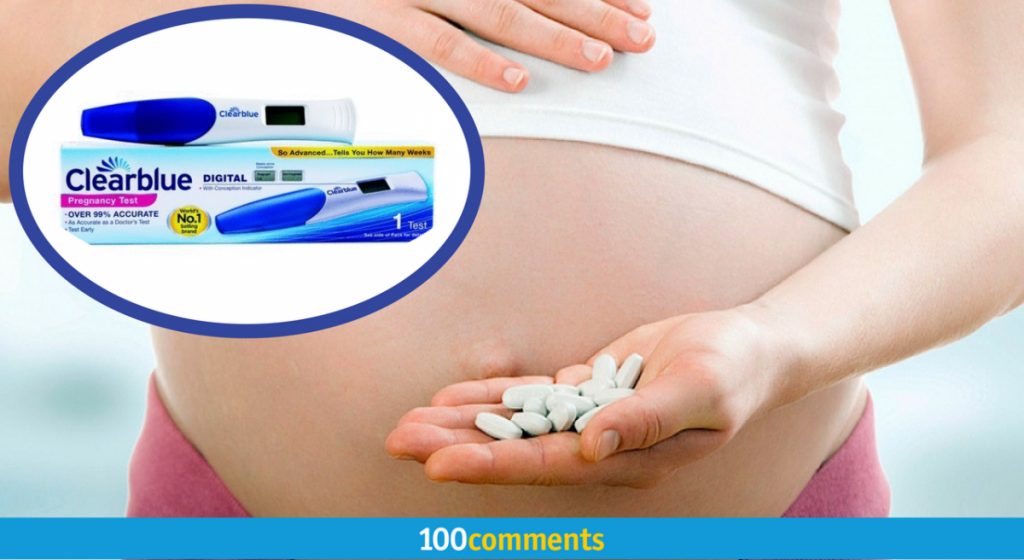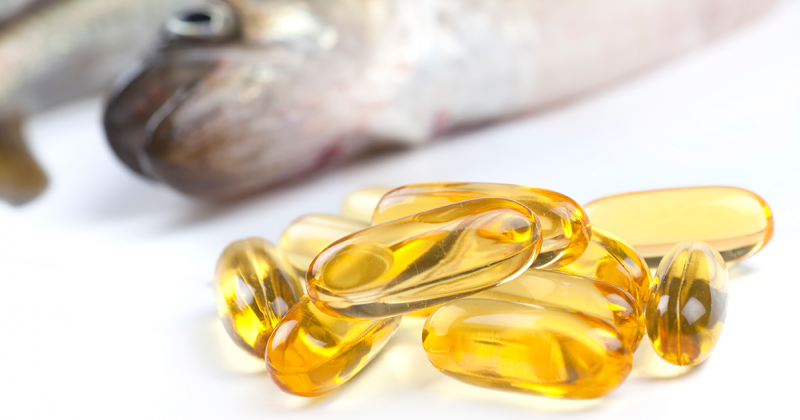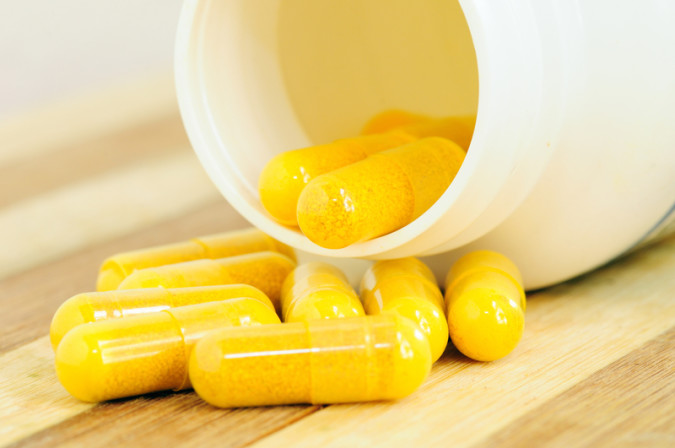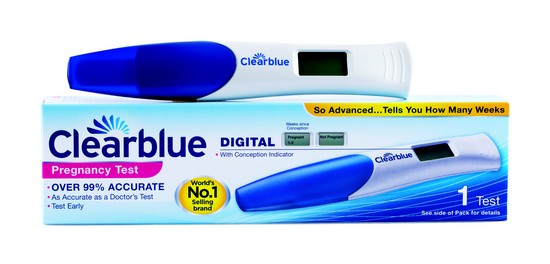In Vitro Fertilization (IVF) is a fertility treatment in which sperm and eggs are combined in a laboratory. The resulting embryos are assessed for quality, and one or more are placed in the uterus through the cervix. IVF is by far the most commonly used high-tech fertility treatment. It can help you get pregnant if you have problems with ovulation or egg quality, blocked fallopian tubes or if your partner has problem with sperm count or motility.
Your IVF success rate will depend on many factors including your age, health and fertility issues. But fret not, there are some ways that can help you increase your chances of becoming pregnant i.e., good nutrition, which can help you get pregnant and prepare your body for baby. Here are 4 supplements you should take:
Table of Contents
Omega-3 fatty acids
Our bodies cannot produce Omega 3 naturally. We do need this nutrient to help ovarian follicles release eggs, increase blood flow to the uterus and balance out hormones. Adequate intake of Omega-3 fats is essential to maintain the balanced production of the hormone-like substances called prostaglandins. Prostaglandins help regulate many important physiological functions including blood pressure, blood clotting, the functions of the kidneys and the production of other hormones.
Note that this vitamin has been found to be essential for both neurological and early visual development of the baby. It has positive effects on the pregnancy itself. Take this essential fatty acid if you are undergoing IVF treatments. You may find Omega-3 in flax seeds, flaxseed oil, salmon, mackerel, cod, sardines, anchovies and walnuts.
Coenzyme Q10 (CoQ10)
CoQ10 or coenzyme Q10 is considered by many to be the miracle nutrient because it helps in energy production. Our body requires certain levels of CoQ10 to function properly. Studies show that taking CoQ10 may help with both female and male infertility. It improves both egg and sperm health while playing a key role in protecting DNA at a cellular level. This is why CoQ10 is so vital to the health of both the male and female reproductive system and most importantly, egg and sperm health.
Folic Acid
This one is a must-have. In order to increase your chance of getting conceiving, taking folic acid supplement is a crucial step. According to the Centres for Disease Control and Prevention (CDC), taking folic acid supplement a day for at least one month before you conceive and during the first trimester, you are able to cut the chances of having a baby with neural-tube defects such as spina bifida, a condition when a baby’s spine and spinal cord don’t develop properly in the womb by 50 to 70%. It also can help to prevent some other birth defects as well. You may get your daily intake of folic acid from citrus fruits, whole grains and leafy greens.
Vitamin D
A fat-soluble vitamin, vitamin D is vital for the proper production of sex hormones. Research has shown that infertile women generally tend to have lower vitamin D levels. A study from Yale University School of Medicine found that almost 40% of women with ovulatory dysfunction had levels that were actually low enough to be clinically deficient. You may find vitamin D in fortified dairy products, salmon, mackerel, tuna, cod liver oil and many more.
Be sure to test your pregnancy with Clearblue Digital Pregnancy Test with Conception Indicator
If you are planning to have In Vitro Fertilization (IVF) to start your family, you should be aware that it is not guaranteed. Each individual’s situation is different. The success rate is 50% and the procedure may not work for you. Some are extremely lucky and get pregnant on their first cycle of IVF but some don’t. However, you can still hope for the best and be sure to use Clearblue Digital Pregnancy Test with Conception Indicator for accurate results.
The pregnancy kit indicates how many weeks since conception occurred; either 1-2, 2-3 or more than 3 weeks thanks to its Smart Dual Sensor™. It is the first and only test that offers the most accurate result with over 99% accuracy from the day of your expected period.





















